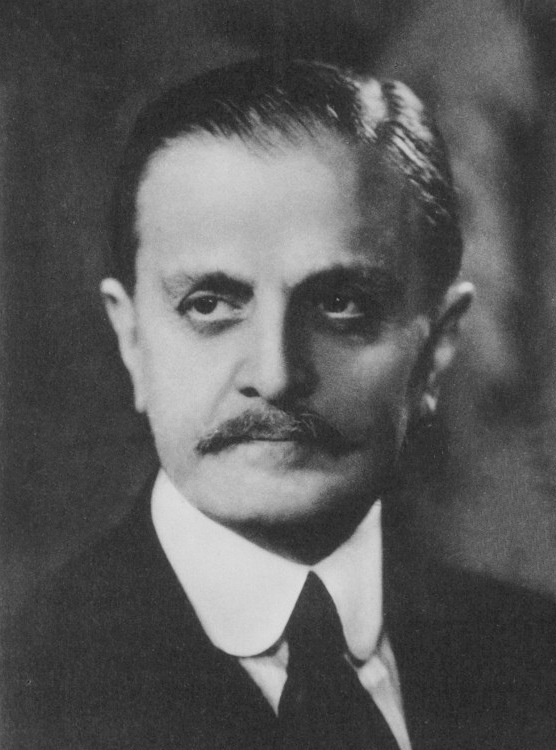Why was Carlos Saavedra Lamas Awarded the Nobel Prize for Peace in 1936?
Exploring the Catalysts Behind Carlos Saavedra Lamas' Nobel Peace Prize Recognition
Carlos Saavedra Lamas: Architect of Diplomacy and Nobel Peace Laureate
Carlos Saavedra Lamas, a towering figure in the realm of international diplomacy, is celebrated for his profound contributions to peace and conflict resolution. Born on November 1, 1878, in Buenos Aires, Argentina, Saavedra Lamas’ life journey was marked by his unwavering commitment to fostering understanding and cooperation among nations.
 Early Life and Diplomatic Ascent
Early Life and Diplomatic Ascent
Saavedra Lamas’ journey into diplomacy began early. After completing his legal studies, he entered the realm of international relations, where his intellect and diplomatic skills quickly became apparent. His dedication to peaceful negotiations and conflict resolution set the stage for his remarkable future endeavors.
Role in Negotiating Peace Treaties
One of Saavedra Lamas’ most significant achievements was his pivotal role in negotiating peace treaties between various South American nations. His diplomatic finesse played a crucial part in resolving long-standing territorial disputes, promoting regional harmony, and preventing conflicts that could have escalated into war.
The Hague Pact and Disarmament
Saavedra Lamas’ dedication to global peace extended beyond South America. As the architect of the “The Hague Agreement,” he pioneered efforts to limit the escalation of armaments and promote disarmament. His visionary thinking laid the groundwork for international cooperation to curb the dangerous arms race.
Nobel Peace Prize Recognition
In 1936, Carlos Saavedra Lamas was awarded the Nobel Peace Prize for his outstanding contributions to the negotiation of peace treaties and his tireless advocacy for disarmament. The Nobel Committee’s recognition underscored his role as a peacemaker, diplomat, and architect of harmonious international relations.
Legacy and Lasting Impact
Saavedra Lamas’ legacy lives on in the annals of diplomacy. His steadfast commitment to peaceful resolution and his ability to bridge divides through negotiation remain relevant in an era still grappling with global conflicts. His belief in dialogue over confrontation continues to inspire diplomats and leaders worldwide.
Carlos Saavedra Lamas’ life story is a testament to the power of diplomacy in preventing conflicts and fostering global harmony. His dedication to peaceful negotiations, his instrumental role in crafting peace treaties, and his commitment to disarmament make him a towering figure in the history of international relations. As the world navigates contemporary challenges, Saavedra Lamas’ legacy reminds us that diplomacy and cooperation remain potent tools for building a more peaceful and interconnected world.




